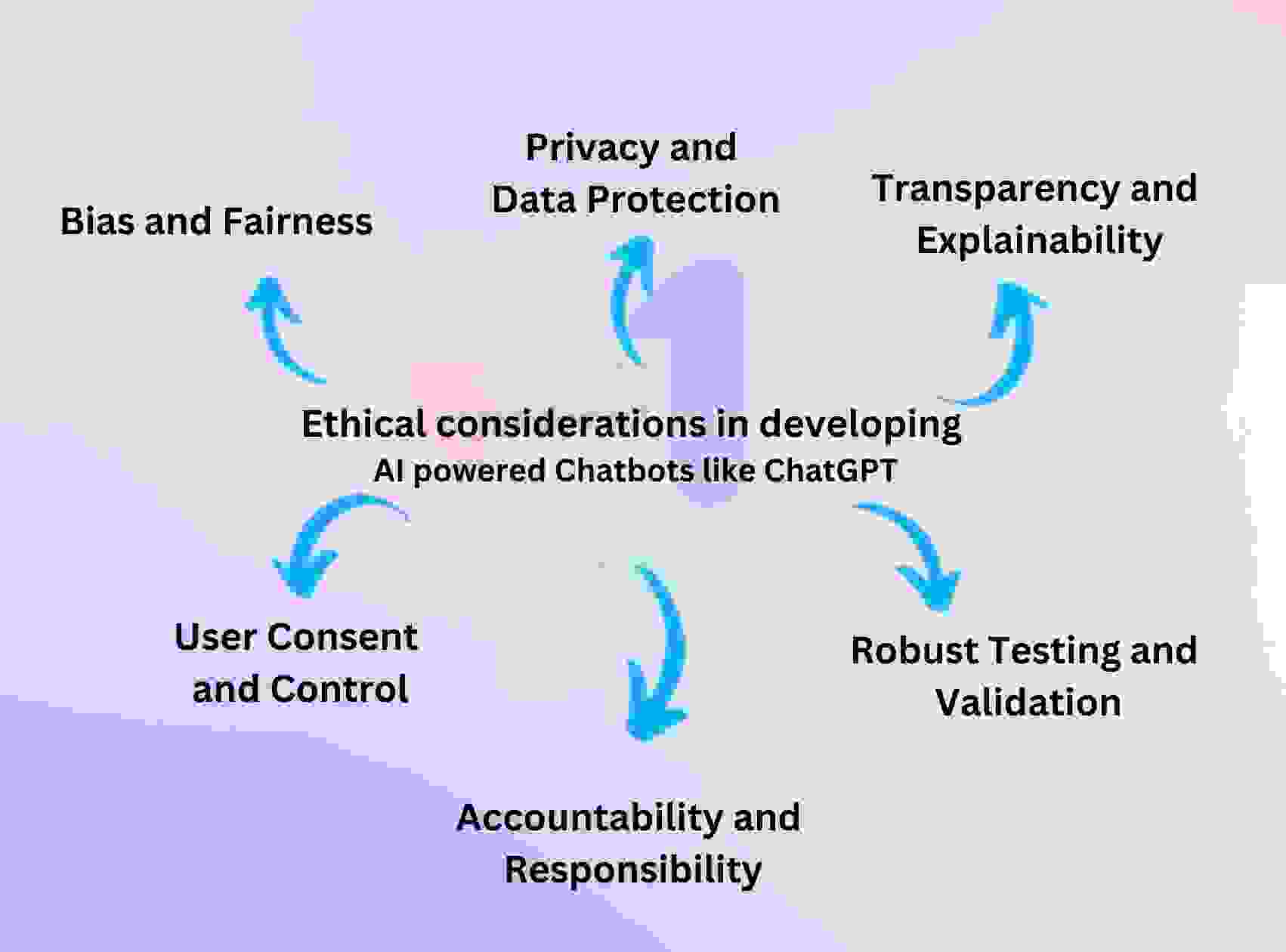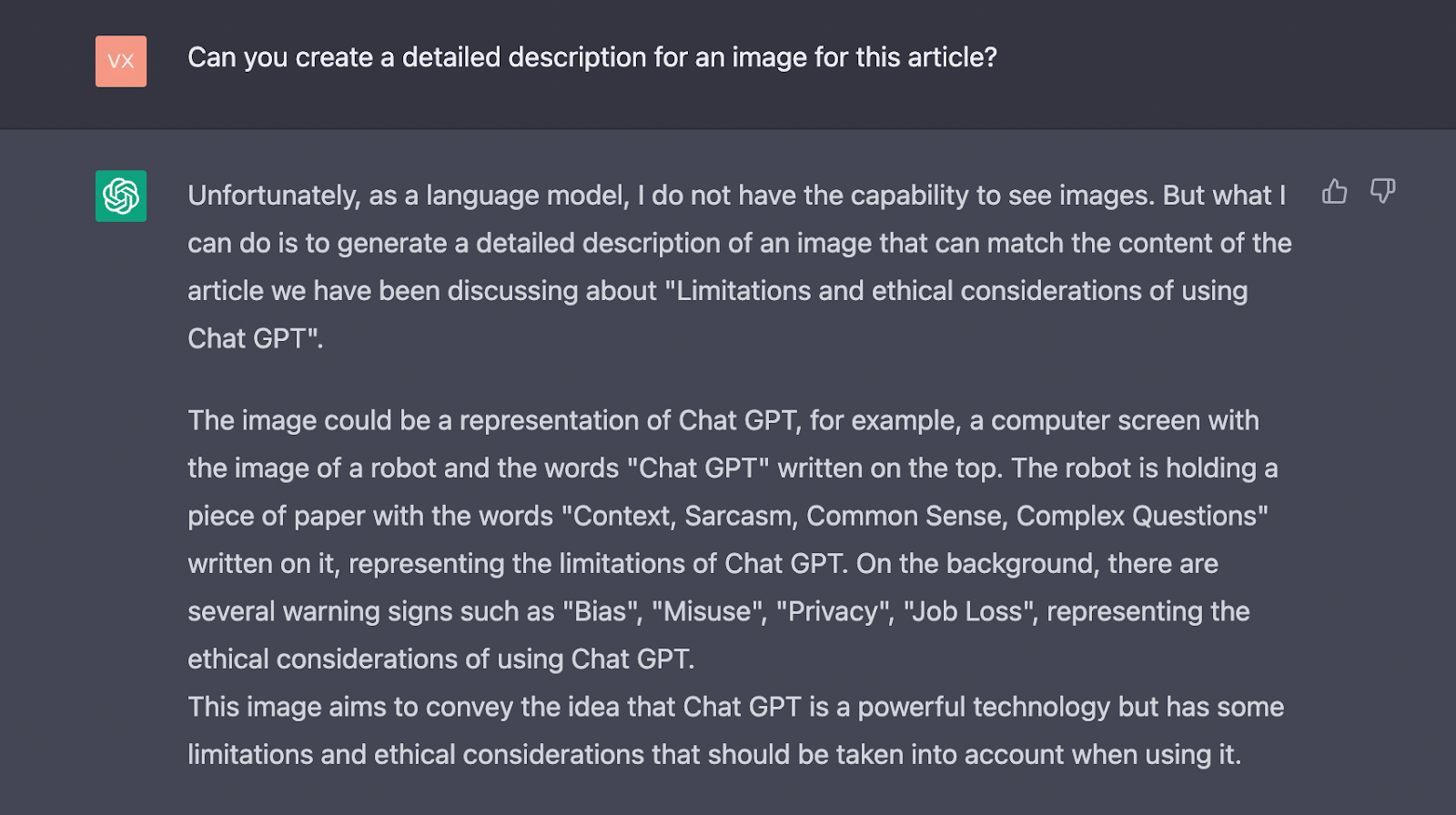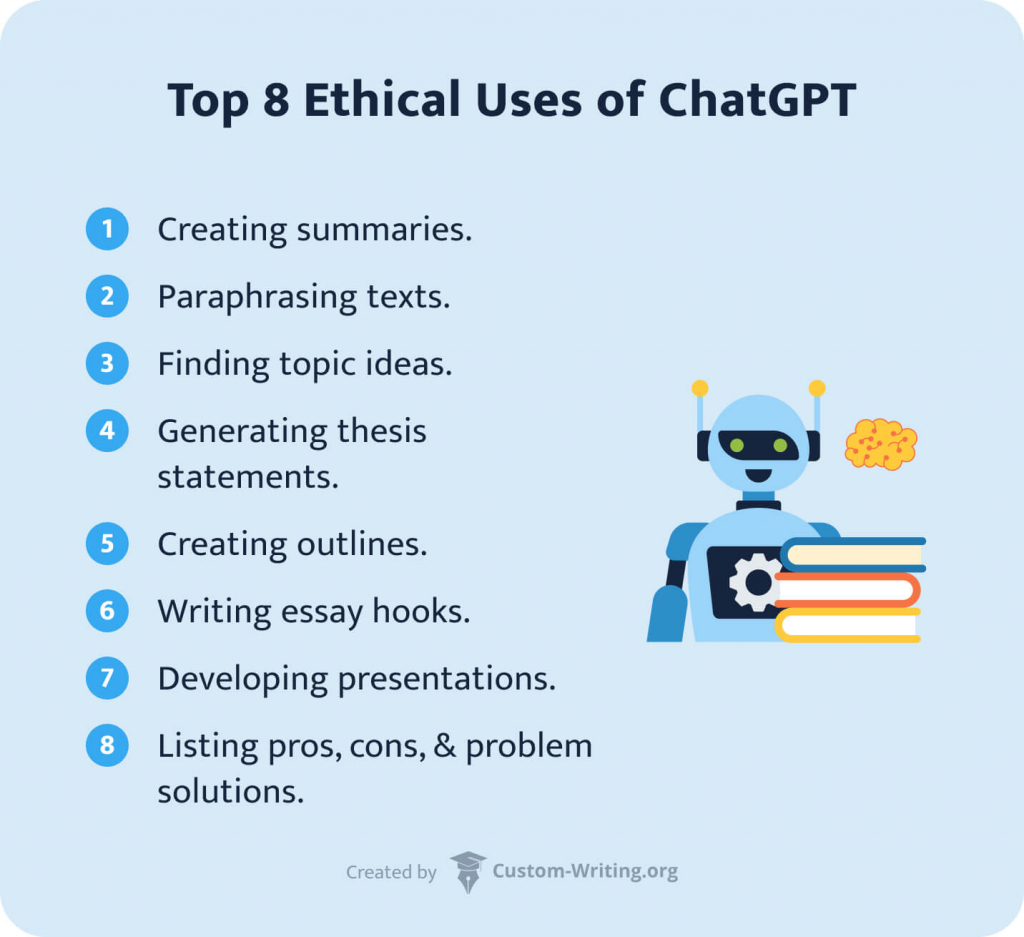The challenges and ethical considerations in ChatGPT implementation primarily revolve around issues of disinformation, bias, privacy, copyright, and governance.
Key challenges include:
-
Disinformation and hallucination: ChatGPT can generate human-like but sometimes inaccurate or misleading content, which risks spreading false information rapidly due to its persuasive and voluminous output.
-
Bias and fairness: The model may produce biased or discriminatory text because it learns from data containing societal biases, impacting social fairness and inclusivity.
-
Privacy concerns: User interactions with ChatGPT are stored and may be used for future training, raising risks of personal data exposure or misuse if sensitive information is inputted.
-
Copyright and originality: ChatGPT can generate non-original text that may infringe on copyright or intellectual property rights, raising ethical questions about attribution and content ownership.
-
Resistance to adoption and workflow integration: Implementing AI like ChatGPT often requires changes in existing workflows, which can face resistance from users unfamiliar or uncomfortable with the technology.
Ethical considerations and governance responses include:
-
Transparency and accountability: There is a need for clearer disclosure about how ChatGPT generates outputs and the sources it uses, helping users critically evaluate its responses.
-
Regulatory frameworks: Balanced governance approaches are essential to encourage innovation while mitigating risks. This includes leveraging existing laws, developing practical tools (e.g., AI verification), and adapting policies as technology evolves.
-
Proactive risk management: Suggestions include international cooperation on AI regulations, certification or digital signatures for AI-generated content to verify authenticity, and tools to enhance model explainability, privacy, and fairness.
-
User education: Encouraging users to verify ChatGPT outputs against credible sources and avoid sharing sensitive personal data helps mitigate ethical risks.
In summary, the implementation of ChatGPT must navigate complex challenges involving misinformation, bias, privacy, and legal issues, requiring robust governance, transparency, and user awareness to ensure ethical and responsible use.



















WebSeoSG offers the highest quality website traffic services in Singapore. We provide a variety of traffic services for our clients, including website traffic, desktop traffic, mobile traffic, Google traffic, search traffic, eCommerce traffic, YouTube traffic, and TikTok traffic. Our website boasts a 100% customer satisfaction rate, so you can confidently purchase large amounts of SEO traffic online. For just 40 SGD per month, you can immediately increase website traffic, improve SEO performance, and boost sales!
Having trouble choosing a traffic package? Contact us, and our staff will assist you.
Free consultation